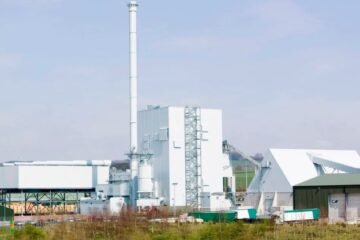National Records of Scotland releases new data
According to the latest data from the National Records of Scotland (NRS), the number of births registered in Scotland in the first half of 2023 was 7.5% lower than the same period in 2022. This is the lowest number of births recorded in the first six months of any year since 1855, when civil registration began.
The NRS said that the drop in births was likely influenced by the Covid-19 pandemic, which had a significant impact on people’s lives and decisions. The NRS also noted that the fertility rate in Scotland has been declining for several years, and is now below the replacement level of 2.1 children per woman.
The data also showed that the average age of mothers increased to 31.4 years, and the proportion of births outside marriage or civil partnership reached 52.4%, the highest ever recorded.
Regional and demographic variations
The NRS data revealed that the decrease in births was not uniform across Scotland, but varied by region and demographic group. The largest percentage decrease was in the Shetland Islands, where births fell by 23.8%, followed by the Orkney Islands, where births fell by 18.9%. The smallest percentage decrease was in Glasgow City, where births fell by 3.6%.
The data also showed that the birth rate was higher among women born outside the UK, especially those from Africa and the Middle East. The birth rate among women born in the UK was 1.5 children per woman, while the birth rate among women born in Africa was 2.9, and the birth rate among women born in the Middle East was 2.7.

The NRS said that the higher birth rate among migrant women could be explained by several factors, such as cultural and religious preferences, family reunification, and the age structure of the migrant population.
Implications and responses
The decline in births has important implications for the future of Scotland, as it affects the size and structure of the population, the demand for public services, and the economic and social development of the country. The NRS projected that the population of Scotland would grow by 2.5% between 2020 and 2030, but this growth would be driven by migration rather than natural change.
The Scottish Government said that it was aware of the challenges posed by the low birth rate, and that it was committed to supporting families and children through various policies and initiatives. These include the expansion of free childcare, the provision of the Scottish Child Payment, the introduction of the Baby Box, and the promotion of flexible working and parental leave.
The Scottish Government also said that it welcomed the contribution of migrants to the diversity and prosperity of Scotland, and that it opposed the UK Government’s restrictive immigration policies, which it said were damaging to Scotland’s interests and values.


















